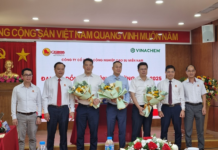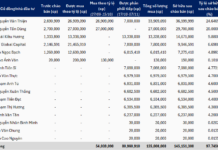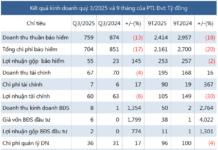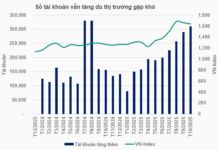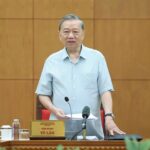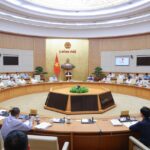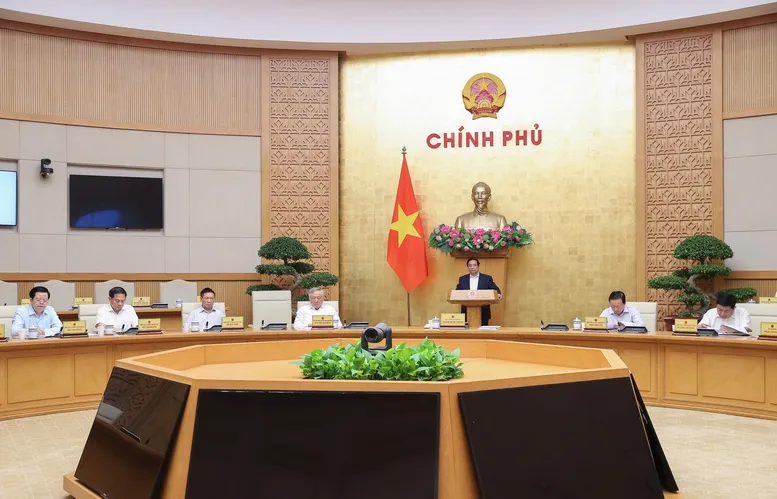
Government Resolves to Amend Investment Law for Streamlined Project Approval
The Vietnamese government has issued a resolution following its September legislative session, outlining key amendments to the Investment Law.
A significant focus is the proposed delegation of authority for approving investment projects. The government aims to shift approval powers from the National Assembly to the Prime Minister, and subsequently to provincial People’s Committees. This aligns with directives from the Party and State leadership, aiming for a more streamlined and efficient approval process.
The Ministry of Finance is tasked with refining the draft law, ensuring it incorporates groundbreaking solutions. This includes rethinking the approval process itself, moving beyond mere content to address the format of investment approval documents. The goal is to simplify these documents, making project approval a principle-based decision rather than a detailed review. Project implementation will then concretize the approved framework, encompassing scope, objectives, investment capital, timelines, efficiency, technology, environmental impact, and more.
For large-scale, specialized projects, the law will consider extended operational periods, potentially exceeding 70 years, to ensure feasibility, efficiency, and capital recovery. This aligns with Resolution No. 68-NQ/TW of the Politburo and directives encouraging private sector participation in critical infrastructure projects like railways, aviation, and seaports, which require substantial investment and operational costs.
Addressing stalled projects, the government emphasizes the need for clear regulations on suspending or terminating investment activities. Many projects, particularly those involving land, remain abandoned for years, leading to prolonged resource wastage. Examples include power projects, urban development initiatives, the Thach Khe iron mine, and the expansion of the Thai Nguyen Steel Plant. The drafting agency must establish clear procedures, criteria, and documentation for project suspension or termination to effectively address these cases and prevent further resource drain.
Additionally, the government mandates further review and reduction of conditional business sectors, shifting focus from pre- to post-investment inspections.
Mobilizing Trillions of Dollars to Boost the Economy: Deputy Prime Minister’s Directive
The Deputy Prime Minister has urged swift action to address challenges and bottlenecks in key projects, aiming to inject trillions of dollars into the economy.
“Unwavering Resolve: Pushing Boundaries, Surpassing 2025 Targets.”
The government urges ministries, sectors, and local authorities to focus on effective leadership and implementation; to maximize opportunities and advantages, swiftly addressing any challenges or obstacles that arise, and striving to surpass expectations. The aim is to achieve, and even exceed, this year’s targets and indicators, setting the stage for robust double-digit economic growth in 2026 and beyond, through to 2030.












